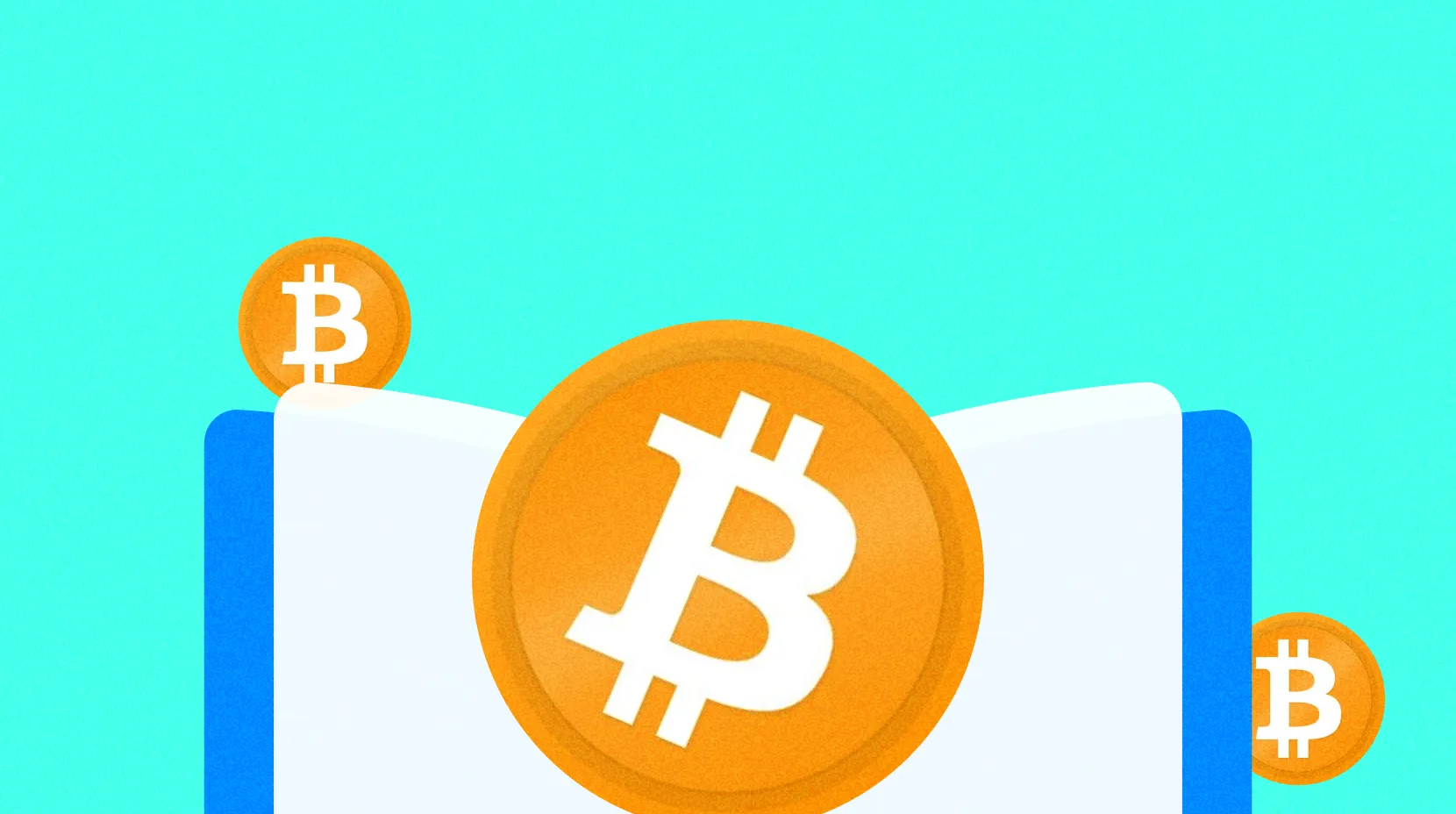思考与总结
在本次课程的最后一章中,我们将采取前瞻性的方法探讨去中心化身份解决方案的未来前景和面临的挑战。在前面的章节中,我们已经深入探讨了身份代币在加密货币生态系统中的重要性,并分析了它在Web3时代变革身份验证、隐私和信任的潜力。在课程最后,我们有必要展望这个新兴领域的未来发展,讨论潜在的增长领域、必须克服的障碍以及推动采用去中心化身份解决方案所需的共同努力。
在整个课程中,我们深入探讨了身份代币这一新兴领域,分析了它在加密货币生态系统中的意义。去中心化身份解决方案在Web3时代变革身份验证、隐私和信任的巨大潜力无可否认。然而,实现身份代币的广泛采用和整合的过程依然面临一些障碍。
在未来,身份代币的成功很大程度上将取决于它在各种去中心化应用和平台中的采用和整合情况。开发人员、企业和用户必须认识到去中心化身份的价值,并在不同的用例中积极使用身份代币,以充分发挥其潜力。
确保互操作性并建立通用标准和协议对于身份代币在去中心化生态系统中协同运行至关重要。随着身份代币和去中心化身份解决方案数量的增长,保持不同平台之间的兼容性将增强整体用户体验并促进不同平台的身份验证。
扩展去中心化身份解决方案以应对不断增长的用户群和交易量是一个需要解决的关键挑战。克服可扩展性问题有助于满足对安全高效的身份验证流程日益增长的需求。
用户隐私和数据保护也至关重要。由于身份代币处理敏感的个人数据,必须采取强有力的隐私措施来建立对系统的信任和信心。在这方面,在透明度和用户隐私之间取得适当的平衡至关重要。
监管合规性对于身份代币来说是一个重大挑战。在保持去中心化和用户隐私的同时,要适应满足各种监管框架,如KYC和AML法规的要求,在二者之间取得平衡。
用户教育和意识对于身份代币的广泛采用至关重要。推动用户了解去中心化身份的好处并赋予他们保护数字身份的能力将促进更广泛的接受和使用。
鉴于身份代币在身份验证中的重要作用,安全性必须是首要任务。身份代币实施了强大的安全措施,如多因素身份验证和加密协议,这对于保护用户数据和防止潜在的网络威胁至关重要。
对去中心化身份解决方案而言,与现有的传统身份系统进行整合会是一项挑战。建立无缝整合机制有助于促进从中心化到去中心化身份验证模式的平稳过渡。
身份代币的治理模型以及管理与身份相关操作的规则将对确保生态系统的公平、透明和问责起到重要作用。在去中心化治理和有效决策之间取得适当的平衡将是一个关键考虑因素。
确保身份代币的全球可访问性和包容性是另一个重要方面。解决数字鸿沟问题,并为那些不提供传统身份证明文件的地区居民提供去中心化的身份解决方案,将有助于促进金融普惠。
研究人员、开发人员、政策制定者和行业利益相关者之间的合作对于身份代币的持续增长至关重要。鼓励进一步的研究、创新和合作将推动先进的身份解决方案的采用。
身份代币的开发和部署必须考虑数据所有权、授权和公平使用方面的伦理因素。维护伦理原则将保护用户的权利,并有助于建立对去中心化身份解决方案的信任。
身份代币具有光明的前景,有望重新定义加密货币领域的身份验证和用户自主权。然而,要应对挑战并释放这一新兴领域的巨大潜能,需要整个加密社区团结起来,共同努力。在展望去中心化身份解决方案的未来时,我们已然站在舵手的位置,驶向一个为全球各地的个人提供更高安全性、隐私性和包容性的世界。
要点
- 本章介绍了身份代币在加密货币领域的未来前景和面临的挑战。
- 身份代币的广泛采用及其与去中心化应用和平台的整合对于其成功至关重要。
- 互操作性和标准化对于确保跨平台身份验证的无缝进行至关重要。
- 必须解决可扩展性和性能问题,以处理不断增长的用户群和交易量。
- 由于身份代币处理的个人数据的敏感性,隐私和数据保护措施至关重要,
- 符合监管法规将是一个重大挑战,需要在满足监管要求和保持去中心化之间取得合理平衡。





